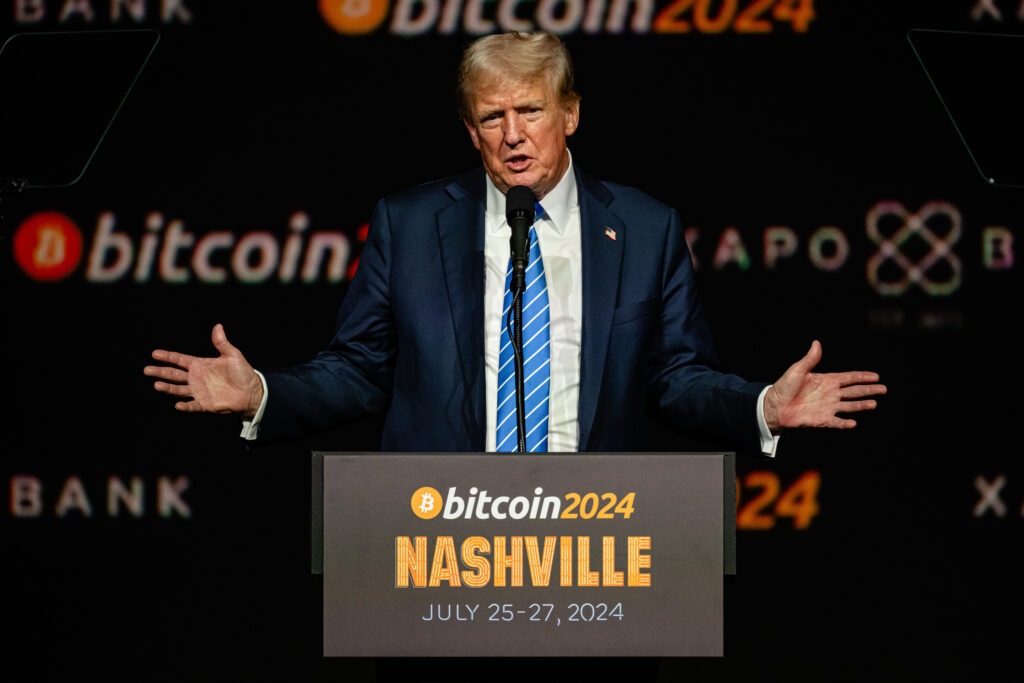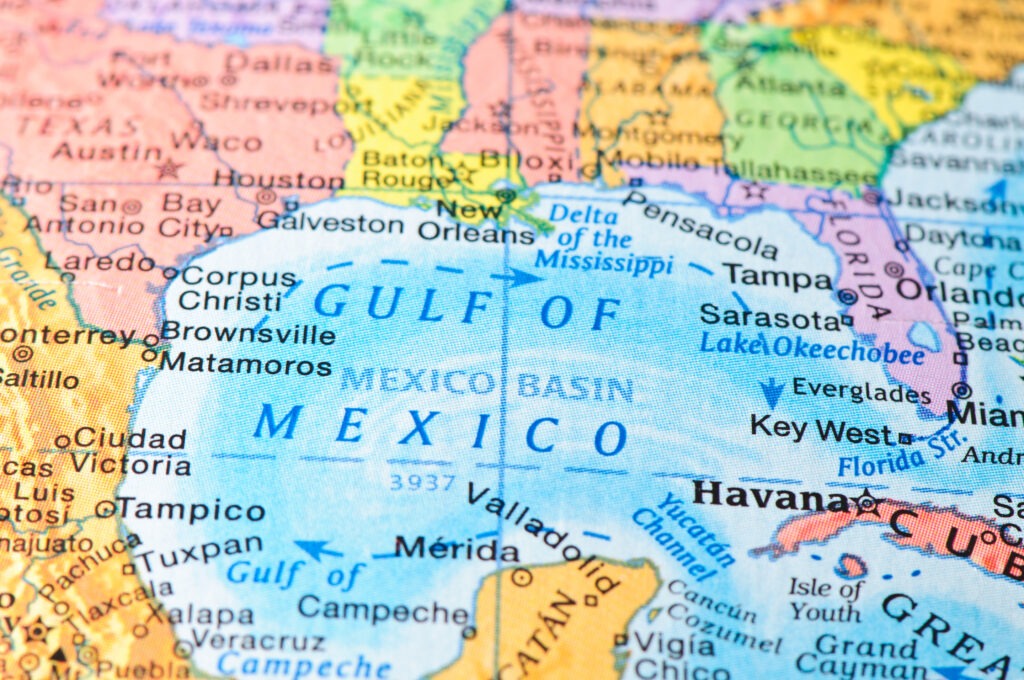In addition to bilateral cooperation, there are also areas where China and the US share common interests and goals. For example, both have signed an agreement to prevent unregulated commercial fishing in the Central Arctic Ocean – the first to use a legally binding, precautionary approach to protect an area from commercial fishing before it has begun.
Compared to the Arctic, US-China competition in Antarctica is in its early stages. That is a credit to the existing Antarctica Treaty System, which prohibits all drilling and exploitation. Antarctica offers an opportunity to deepen US-China cooperation with minimal strategic risk to the US.
The Biden administration ought to explore possibilities to promote mutually beneficial cooperation. Joint scientific cooperation in the Antarctic, for example, could provide a political signal of warming relations between the two states and offer more equality in the relationship for limited costs.
Trump’s antipathy towards the World Trade Organization and multilateralism in general outstrips any of his recent predecessors. Biden, who believes in multilateral cooperation and international institutions, serves American interests.
However, hopes for immediate cooperation on trade between China and the US seem faint compared with other areas such as climate change. Preventing trade wars is a key function of the WTO rules-based system, but it failed to stop the US and China waging a massively destructive trade war.
Improving multilateral control over unilateral retaliation should be a top priority in WTO reform, given the importance of preventing future large-scale trade wars. While the WTO will not fulfil its original vision of governing global trade as desired, the Biden administration should still pursue restoring its dispute settlement system.
Multilateralism and international cooperation have faded as vehicles for global action in the public interest in recent years. It is time to encourage effective multilateralism as a vital tool in meeting our many global challenges.
Biden’s return to multilateralism and China’s upholding multilateralism are key to addressing the challenges of global governance and advancing views on how the world can act together to propel collaboration. It also creates an opportunity for China and the US to shift bilateral relations from rivalry to cooperation.
Nong Hong, PhD, is executive director and senior fellow at the Institute for China-America Studies (US). This article originally appeared on the South China Morning Post.





Trump’s Shipbuilding Ambition Risks Backfiring on His Big Deal